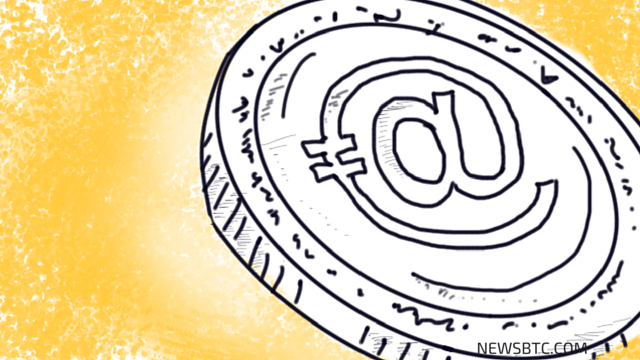The launch of Bitcoin as the first dedicatedly decentralized form of barter opened space for reforms in the current financial system. After six years since its launch, the digital currency has received applause for simplifying global remittance, bringing transparency to minting business, as well as bringing blockchain, a decentralized record-keeping technology.
But despite its advancement as an alternate form of money, Bitcoin also faced lashes from law and the people for bringing too-much anonymity to money exchange businesses. Drug cartels openly misused Bitcoin as their getaway from “often-risky” cash transactions, which somewhat simplified their means to exchange illegal narcotics. Terrorists went a little further and misused Bitcoin for financing their malevolent plots.
Despite Bitcoin’s escalation as a game-changing technology, its association with nefarious online activities left a dent on its image, a reason why governments feel that it — and every cryptocurrency that is created upon utilizing its source code — must be heavily regulated. While some might say that this is yet another plan to invade financial privacy, the underlying concern of the entire situation can never be ignored.
This might be the only reason why an alternate cryptocurrency called AtenCoin wants to turn the screw and become a government-friendly altcoin from day one.
As founder Marcus Andrade explains clearly in their recent press release, AtenCoin has been created to be a completely transparent cryptocurrency that cannot be utilized for financing illegal activities online. The company that backs AtenCoin, named the National Aten Coin Foundation (NCA), has spent last two years working to get compliant with “Anti-Money Laundering (AML), Counter Financing of Terrorism (CFT), Anti-Fraud and Financial Crimes (AFF), Office of Foreign Assets Control (OFAC), Bank Secrecy Act (BSA), USA PATRIOT Act and the FACT Act.”
It means that any merchant or user signing up to receive and use AtenCoin for online trading must provide his/her credentials for approval from NCA. This however doesn’t make the people involved in a transaction visible to each other. The real identities of AtenCoin users will be kept with NCA, only to be accessed and used by the designated law agencies.
“All the authentication process steps are working at the network level, and the passwords of Aten Credentials are only known by the Aten Coin users who created them and encrypted in the NAC’s system,” Andrade explained. “No one from NAC can know passwords of those Aten Credentials. The authentication protocol is built inside the source code of Aten Coin. In other words, no one can by-pass NAC’s authentication system.”
In addition to this, AtenCoin promises to be faster, cheaper and more secure than Bitcoin.
You can read more about AtenCoin here.
























“””
The authentication protocol is built inside the source code of Aten Coin. In other words, no one can by-pass NAC’s authentication system.
In addition to this, AtenCoin promises to be faster, cheaper and more secure than Bitcoin
“””
AtenCoin sounds like it is partly proprietary. Therefore, it cannot be, by definition, more secure than Bitcoin.
Other than less security and likely more surveilance potential, and a blockchain that will likely not hit a critical mass of adopters. So, what is AtenCoin bringing to the table different than what can be done with a multi-signature’d and color’ed bitcoin or multi-signature issued counterparty currency? Or just use OpenAssets? Or some other smart contract layer?
Maybe I am being dense. I don’t see the value in this.
Only way this will take off is if the government runs the protocol in datacenters. Which would be counterproductive to the “peer network” aspect and lead to about a 0% adoption rate from the informed user.